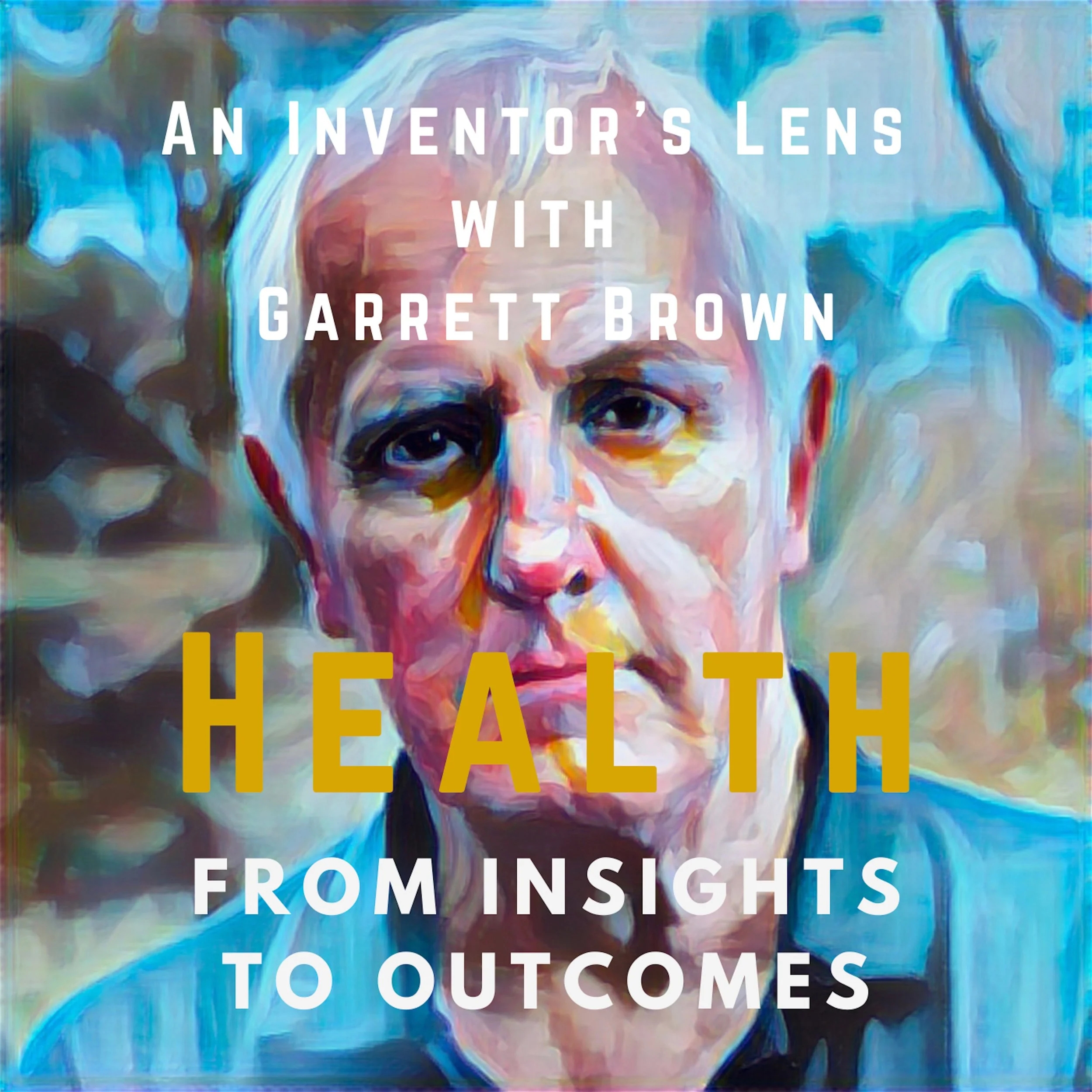Focus on Physicians:
Insights, Ideas, and Strategies
Unlock Your Leadership Potential: How Coaching Can Transform Healthcare Teams
In industries outside of medicine, executive coaching is the norm. It’s an investment in the development of high-level leaders. Now, forward-thinking healthcare organizations are beginning to follow suit, recognizing that their leadership teams need the same kind of structured, strategic support.
So what can leadership coaching do for physicians stepping into—or already navigating—leadership roles? Here are some of the most meaningful ways coaching can strengthen healthcare leadership:
If you're a leader in healthcare, you’re probably familiar with the growing use of coaching to support physicians. From managing burnout and improving time management to enhancing communication and well-being, coaching is a respected and research-backed tool.
In fact, the impact of coaching is so significant that many healthcare systems now embed internal coaches or partner with companies like VITAL WorkLife to provide coaching as part of a broader support package.
Coaching Is Not Just for Burnout
Coaching is not only a tool to help physicians thrive through the demands of clinical practice, but a proactive investment in leadership development.
In industries outside of medicine, executive coaching is the norm. It’s often considered essential for the development of high-level leaders.
As physicians, we are expected to be leaders, but the skills are seldom taught or nurtured in our training. And as a result, team dynamics often suffer. Increasingly, forward-thinking healthcare organizations are recognizing that their leadership teams need the same kind of structured, strategic support that other industries view as integral to their success.
The Overlooked Advantage: Coaching for Healthcare Leaders
How can leadership coaching foster exceptional healthcare leadership? Here are some of the most meaningful contributions that coaching can offer:
Cultivating Self-Awareness and Emotional Intelligence
Great leadership starts with self-awareness. Coaching helps physician leaders identify their strengths, blind spots, and emotional triggers. This deeper understanding at a very personal level lays the foundation for emotional intelligence. Emotional intelligence is a skill that is crucial for effectively managing diverse teams, navigating conflict, and making sound decisions under pressure.
Strengthening Communication Skills
While physicians are often skilled communicators with patients, leading a multidisciplinary team requires a different kind of fluency. Coaching supports leaders in developing clear, empathetic, and effective communication. In this way, leaders are empowered to foster alignment and trust.
Navigating Conflict with Confidence
Disagreements are inevitable in healthcare settings. Coaching provides physician leaders with tools to approach conflict constructively. These skills include listening with curiosity, identifying and addressing issues proactively, and creating a culture where respectful dialogue is the norm.
Mastering Time Management and Prioritization
Juggling clinical duties with leadership responsibilities can feel overwhelming. Coaches help leaders clarify priorities, set boundaries, and adopt time management strategies that support both personal sustainability and team effectiveness.
Thinking Strategically and Making Better Decisions
Leadership requires seeing the bigger picture. Coaching supports strategic thinking by helping you to pause, reflect, and evaluate complex situations before jumping into action. It also strengthens your decision-making and confidence by aligning your actions with your deeply-held personal values and long-term goals.
Leading and Inspiring Teams
Physician leaders play a central role in team culture, but they are also held to a higher level of scrutiny. Through coaching, you’ll strategize ways to lead with authenticity, navigate and guide team dynamics, and create an environment where people feel seen, supported, and motivated to do their best work.
Embracing Change and Leading Through Uncertainty
Healthcare is in a near-constant state of flux. Coaching helps leaders build resilience, stay grounded, and guide their teams through the inevitable transitions. Common scenarios include implementing new technologies, creating more efficient workflows, and navigating cultural shifts. Even when change is unexpected or unpredictable, having the tools to work through these challenges can help you to maintain and support team cohesion.
Focusing on Growth and Career Fulfillment
Leadership coaching also supports your personal long-term professional growth. Whether it’s preparing for a new role, expanding your scope of influence, or rediscovering meaning in the work that you do, coaching offers you a space to explore, plan, and move forward with clarity and confidence.
The Bottom Line
Leadership in healthcare is high-stakes, high-impact work. When leadership falters, team morale suffers, communication breaks down, and the system can quickly become fragmented. Ultimately, patient care may bear the cost.
As a healthcare leader, coaching offers you a confidential and personalized space for reflection, skill-building, and strategic growth. Through your work with a physician leadership coach, you’ll strengthen your capacity to lead more effectively and authentically.
Whether you're stepping into leadership for the first time or navigating new challenges in a seasoned role, coaching can help you lead with intention, resilience, and vision.
If you’ve enjoyed this article and would like to stay in the loop for more insights on creating a sustainable, fulfilling, and happy life as a physician, sign up for my newsletter or reach out on my website. I’d love to hear from you.
And if you’d like to schedule a complimentary introductory meeting with me, click the link below.






























